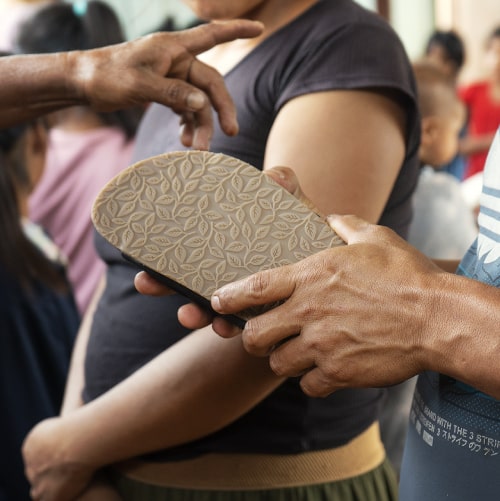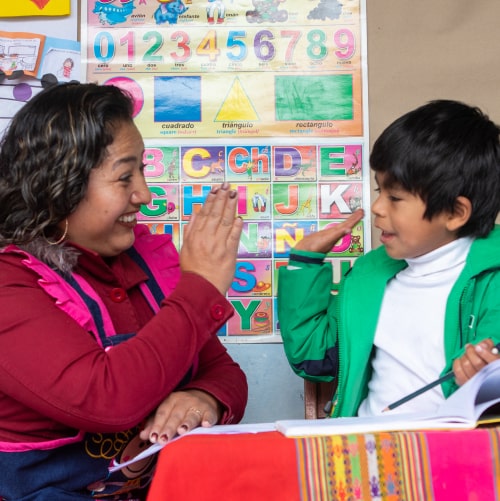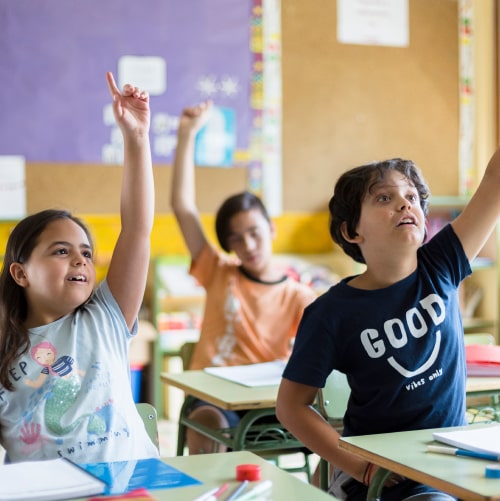Teachers participating in the project “School and Identity”, under the Wiese Foundation’s Educational Quality program, attended this workshop on Saturday, April 30.
On Saturday, April 30, the workshop for teachers “Identity, Memory, Project” took place as part of the actions carried out for the initiative “School and Identity”, under the Wiese Foundation’s Educational Quality program in the province of Ascope, La Libertad.
This workshop aims for teachers to identify formative agendas to promote the construction of identity articulated with historical memory and the generation of individual and collective projects.
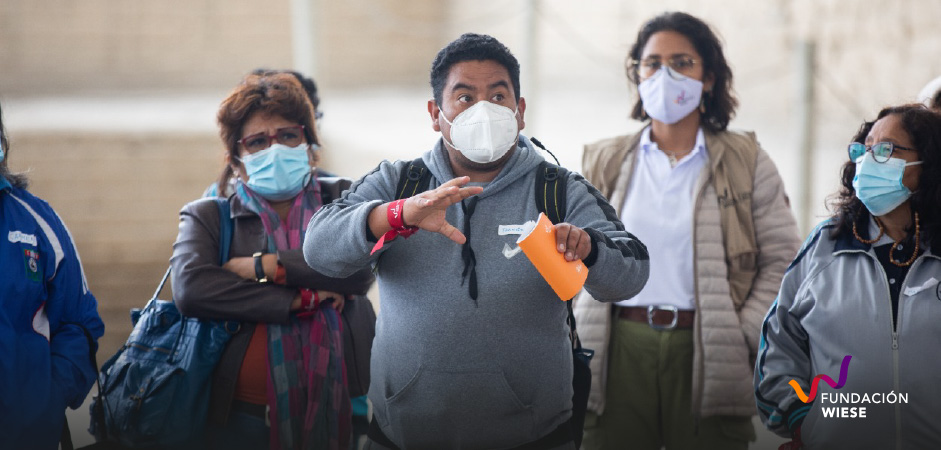
This activity, in which teachers, administrators, and mentors from 14 schools in the zone participated, touched on topics about how to use experience to construct identity, how to articulate memory and projects, and, also, included a visit to the El Brujo Archaeological Complex.
In this workshop, training sessions were given by the team from the Wiese Foundation’s Educational Quality program. Furthermore, the teachers who participate also received assistance and technical support from specialists from the El Brujo Archaeological Complex.
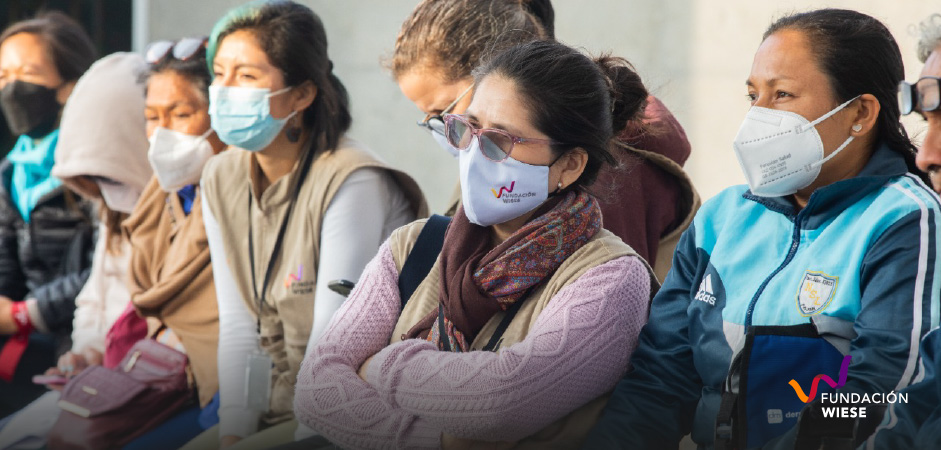
The workshop for teachers, “Identity, Memory, Project” involved the participation of Leonardo Piscoya, an educator with experience in higher education, high school, and development projects, and as a consultant on Moral Formation and Citizenship in public and private institutions.
The project “School and Identity” has the objective of improving the experience in schools in the zone of influence of the El Brujo Archaeological Complex, using this space as the inexhaustible and unique source of knowledge that it is, and bringing that potential for meaningful learning experiences to the schools of the lower valley of Chicama.
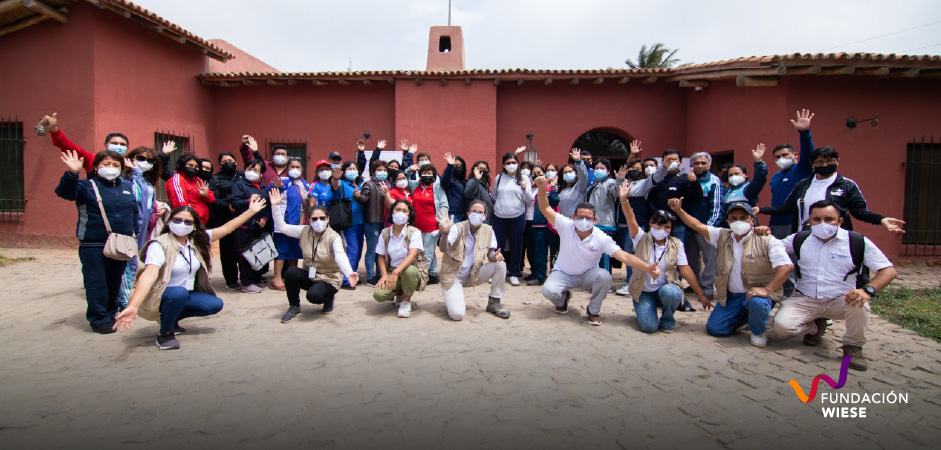
The Educational Quality program seeks to significantly improve the institutional and classroom environment, and thus foster the development of better teaching and learning processes in all the curricular areas.
The program of cultural research and management at the El Brujo Archaeological Complex has united the Wiese Foundation and the Ministry of Culture for over 32 years, for the recovery and socialization of knowledge from this incomparable cultural space.
The Wiese Foundation is a non-profit institution that promotes (manages, leads, and articulates) educational, cultural, and innovative projects of high social impact, through strategic long-term alliances and a committed and competent team.




